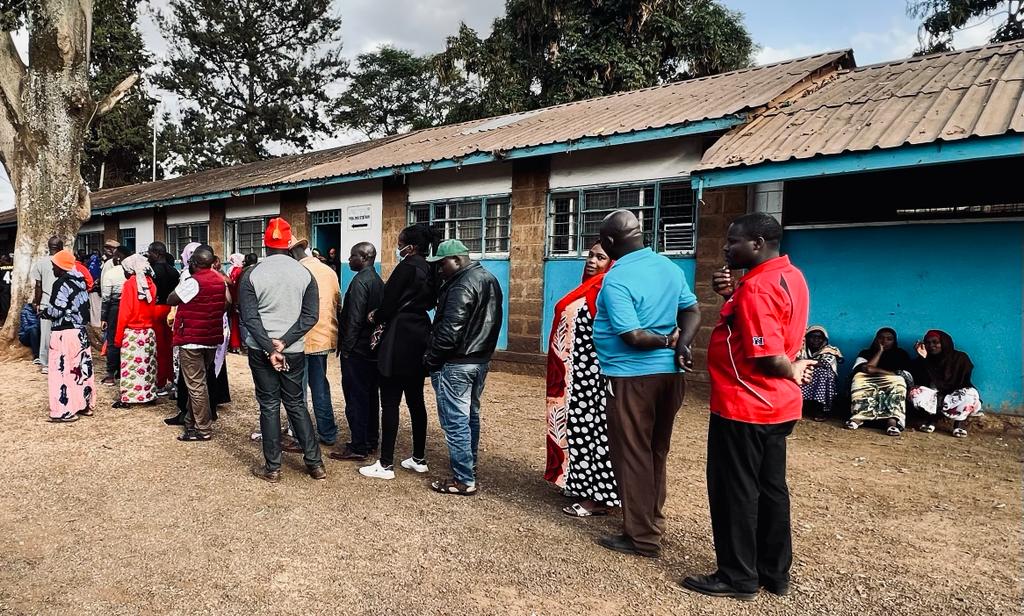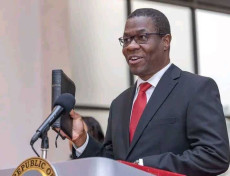According to Dr Ndonye, if young people fail to register and vote, they risk being sidelined in the political process and left “fighting with the police in the streets”.
As Kenya gears up for the 2027 General Election, political analyst Dr. Michael Michael urges that the youth must step out of the streets and into the ballot box if they want to shape the country’s future.
Speaking on the TalkChat Podcast, Dr. Ndonye has challenged Gen Z to take ownership of the democratic process, warning that their participation will be a defining factor in Kenya’s political stability. “You don’t get justice from the streets. You don’t change the government from the streets,” he said. “The best way to change the government is the ballot.”
His remarks come as the Independent Electoral and Boundaries Commission (IEBC) officially launched its mass voter registration drive on September 29, 2025.
The Commission has set an ambitious target: to enroll approximately 6.3 million new voters as it resumes its nationwide Continuous Voter Registration (CVR) exercise—a critical step in preparing the Principal Register of Voters ahead of the 2027 elections.
According to Dr Ndonye, if young people fail to register and vote, they risk being sidelined in the political process and left “fighting with the police in the streets”.
Read More
Dr Ndonye has criticized the Commission’s “analog mindset,” arguing that its outdated systems are a major deterrent for tech-savvy youth.
“The biggest turn-off for Gen Z is the old-fashioned way we vote,” he said. “We need to embrace electronic and mobile-based voting to make participation easier and more appealing.”
He also faulted the IEBC for failing to provide adequate civic education, noting that many Kenyans still believe voter registration only happens during mass drives. “Registration is a continuous process,” he emphasized. “But the public doesn’t know that because the Commission hasn’t done enough to educate them.”
Dr. Ndonye also tackled the thorny issue of vote selling, calling it a failure of mindset not poverty or broken systems. “A vote is a civil and democratic right,” he said. “It’s not something to be sold for Ksh 50 or Ksh 200.”
He challenged the widespread belief that corruption only exists at the top, insisting that it’s a bottom-up problem. “It starts with citizens who sell their votes or offer bribes to public officials even when money isn’t solicited,” he said.
For more political analysis and discussions, subscribe to the The TalkChat Podcast, now streaming on YouTube.



-1772090413-1772095461-md.jpg)
-1772094026-md.jpg)


-1772090413-1772095461-sm.jpg)
-1772094026-sm.jpg)